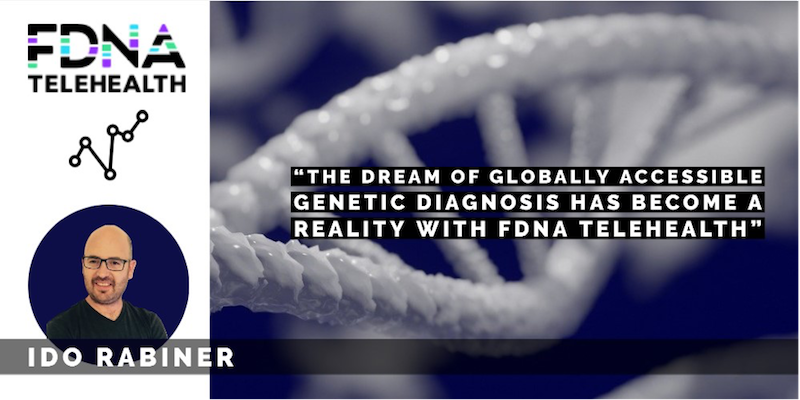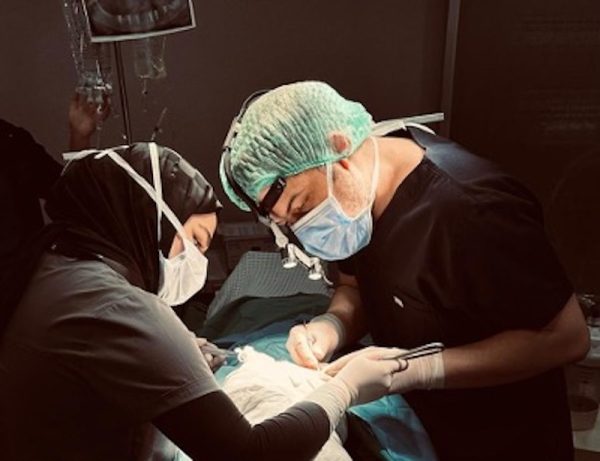The Latest Research on Genetic Counseling and Child Development
Branded Content by Cosmic Press
Latest research on the relationship between genetic counseling and child development predicts that the role of genetic counselors is becoming ever more important in helping parents and families comprehend and adjust to a genetic condition before and after testing.
The role of genetic counseling is primarily to increase people’s understanding of genetic conditions that may be in their family. Genetic counselors are responsible for relaying genetic information about a particular disease in terms that parents and children can understand, they are responsible for supporting entire families understand and adjust to a genetic condition and therefore play a vital role in a child’s development, especially if it is the child diagnosed with the condition.
A quick summary of the latest research in the field of genetic counseling
As genetic sequencing continues to become available in pediatric clinics and other health care settings, the demand for genetic counselors has increased in similar proportions. Technological and bioinformatics advancements in the field, accompanied by increasing availability of analytical expertise, have significantly increased the turnaround time of genomic sequencing testing and, thereby, the demand for genetic counseling.
Genetic counselors are now being called upon to support individual patients as well as their families through the testing process, diagnosis, and treatment procedures. The latest research on genetic counseling suggests pre-test counseling for genetic sequence testing is just as important as it prepares parents for the possibility of critically unwell infants as well as for the potential impact of receiving a diagnosis of manageable conditions, life-time conditions as well as ultra-rare diagnoses with very limited knowledge known about the given disease.
Genetic counseling, especially with regards to child development, has become more and more important to soon-to-be-parents. Considering the rate of technological advancement in the field in recent years, it’s no wonder parents and soon-to-be-parents are lining up for genetic testing and counseling. But it is not only parents and soon-to-be-parents lining up. Another research paper has posited that children and young people are also becoming increasingly likely to volunteer for genetic testing and want to receive information regarding potentially inherited health risks and conditions relevant to their genetics and relatives.
Yet this is not to say genetic testing and counseling are readily available. On the contrary, such services are generally not yet globally accessible.
Why is genetic counseling not globally accessible?
The genetic testing and counseling profession continues to develop on a global scale. However, it is a specialized industry that not every country worldwide has in its healthcare system. Countries are in various stages of development. The U.S., as the birthplace of genetic counseling, is leading the way, followed by Europe, South America, South Africa, Asia, Australia, New Zealand, and several other countries. The development of genetic testing and counseling is disproportionately spread across the globe.
According to a research study conducted on genetic counseling globally, regions like South Africa, the Middle East, and Asia have fewer genetic counselors and specialists while regions in Europe and South America have a moderate amount of genetic counselors and specialists, and the U.S. has a staggering number of genetic counselors, specialists, and facilities.
FDNA Telehealth is one such modern healthcare provider specializing in genetic counseling and child development. Genetic counseling, its relationship to child development, and the resultant potential for early diagnosis of hereditary and pre-existing disease and conditions could have lasting and meaningful consequences for parents, infants and toddlers, young adults.
The role of genetic counseling in child development
Genetic testing and counseling provide parents and soon-to-be-parents with their genetic information to determine which genetic condition they or their family members and children may be susceptible to. Genetic counseling puts this genetic information in terms that children and parents can understand. Genetic counseling is vital for both parents and children to help them individually learn about and manage a given disease. Genetic counseling and the technological advancement in the field have developed to such an extent that genetic testing, diagnosis, and treatment procedures can support and encourage childhood development and, more importantly, prepare parents to assist their children in their development regardless of their diagnosis or genetic condition.

Genetic counseling and the technological advancement in the field have developed to such an extent that genetic testing, diagnosis, and treatment procedures can support and encourage childhood development and, more importantly, prepare parents to assist their children in their development regardless of their diagnosis or genetic condition.
Branded content furnished by our promotional partners. The Daily Sundial editorial staff is not involved in its production. Content does not reflect the views or opinions of the editorial staff.





